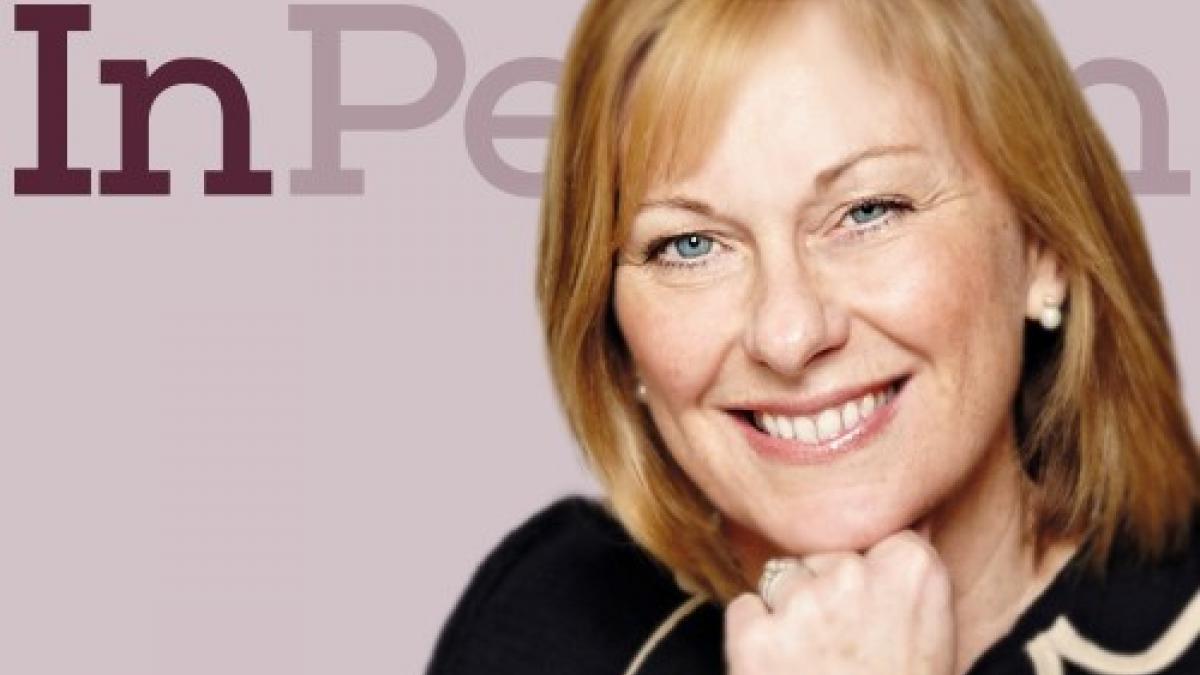Do you tend to jump to conclusions? Karen Middleton, CSP chief executive, tries not to.

I have learnt a lot about assumptions since I joined the CSP three years ago.
The lessons have come from the mistaken assumptions I have made about others and they have made about me; also the assumptions we all make about situations which ‘inform’ our thinking and our actions.
Learning from our - sometimes false – assumptions is never more important than when we are bringing about or leading change.
An assumption is an accepted truth without proof. Sometimes an assumption can be a ‘reasonable’, even if there is no proof as such. We might feel it is pretty likely to be true based on history. For instance, we are likely to assume that a friend who is always late for appointments is late again, rather than that she has fallen seriously ill.
Some assumptions may be very unlikely to be true but are accepted because they fulfil a purpose, substantiate our argument or justify our actions. Perhaps we only read certain newspapers because we assume they will give us information with which we are going to agree.
But assuming something based on past behaviour can be problematic when your assumption is wrong. What if your friend had been taken ill and needed your help, for instance?
I have learnt a number of lessons about the risk of making assumptions when making change.
First, you cannot assume everyone sees the need for change in the way you do, particularly if you are a newcomer to an organisation, team or situation. A new pair of eyes, perhaps with more insight to the external context for the organisation, team or situation, brings new information, but others don’t necessarily see or understand that context. Your insights might be very unwelcome!
Second, you cannot assume everyone is in the same starting place. I think all of us tend to lump people together too easily. We make assumptions based on a few people’s views, that a whole team is for, or anti-, change when, in fact, people are likely to be somewhere across a wide spectrum.
So when leading change, communication can be difficult because you are talking to people who start from different places. You cannot assume everyone hears or understands the same message. It is critical to check and recheck understanding and communicate in different ways.
I have also learnt that people make assumptions about the motivation for the change, particularly if they are not in favour of change. It still astonishes me how powerful assumptions can be, despite the rationale for the change being described and evidenced.
We’re more likely to accept a truth without proof if it substantiates our starting position or argument than to open our minds to the possibility that the person presenting the evidence is telling the truth.
Of course, this is as much about the credibility and integrity of the person leading the change as it is about assumptions. Then history comes in. Is this person believable based on their past history?
You cannot make assumptions about how people will react to change, even based on their starting position. Some people who I would have assumed would be difficult to ‘move’ have become the early adopters of the change and vice versa. Equally, I have learnt that you cannot assume that enthusiasm for change at the start will carry through to the end. You have to keep checking and rechecking the assumptions you are making.
Making assumptions is an ordinary part of life but, when leading and managing change, it is important to challenge those assumptions made by others and also by you.
I am quite horrified how many assumptions I make and I have to work hard to ‘notice’ when I am making them. Tell-tale signs for me are when I come to conclusions quickly, find myself in a polarised position from someone else or when there are very few facts to hand.
Sometimes I challenge myself to understand that I am making an assumption, but still make a decision based on that assumption. Being aware of that enables me to change my mind if more evidence arises.
I urge you to reflect on the assumptions you make about others, but also to bear in mind that others will make assumptions about you. Be prepared to explain your thinking fully, your decisions or where you are coming from, in order to dispel inaccurate assumptions.
Contact Karen
You can email Karen at: enquiries@csp.org.uk
Karen Middleton CSP Chief Executive Officer
Number of subscribers: 2
